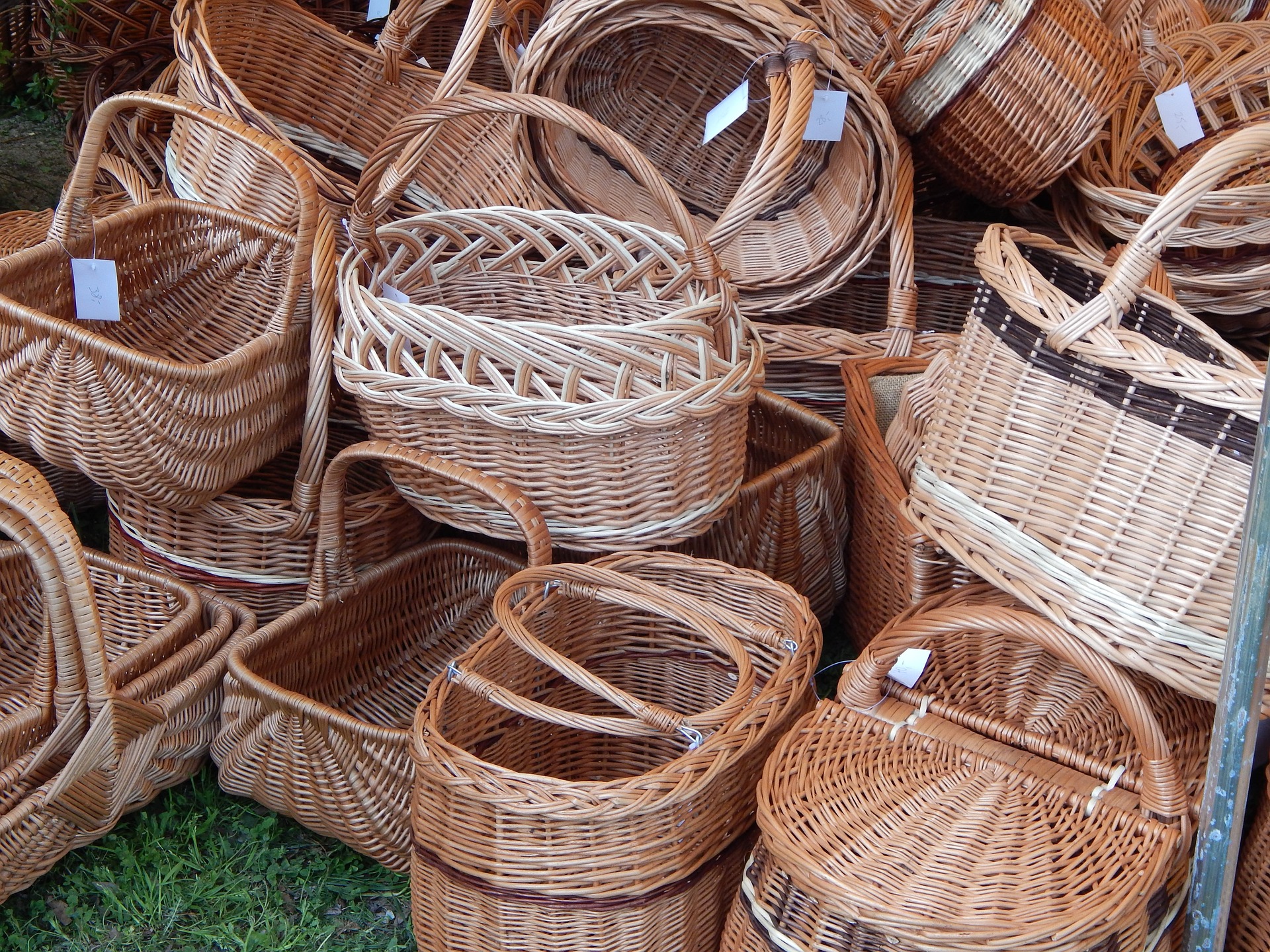
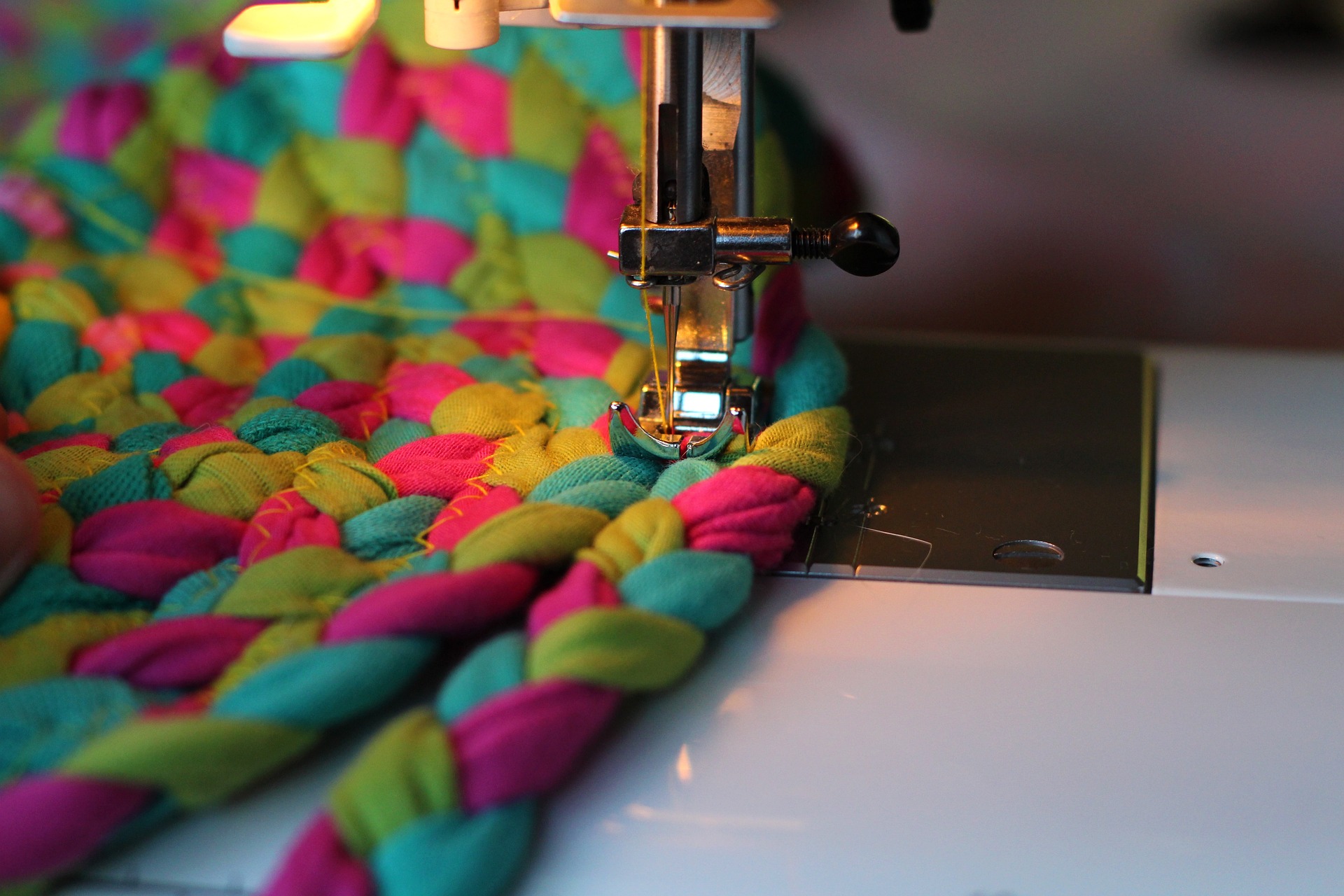
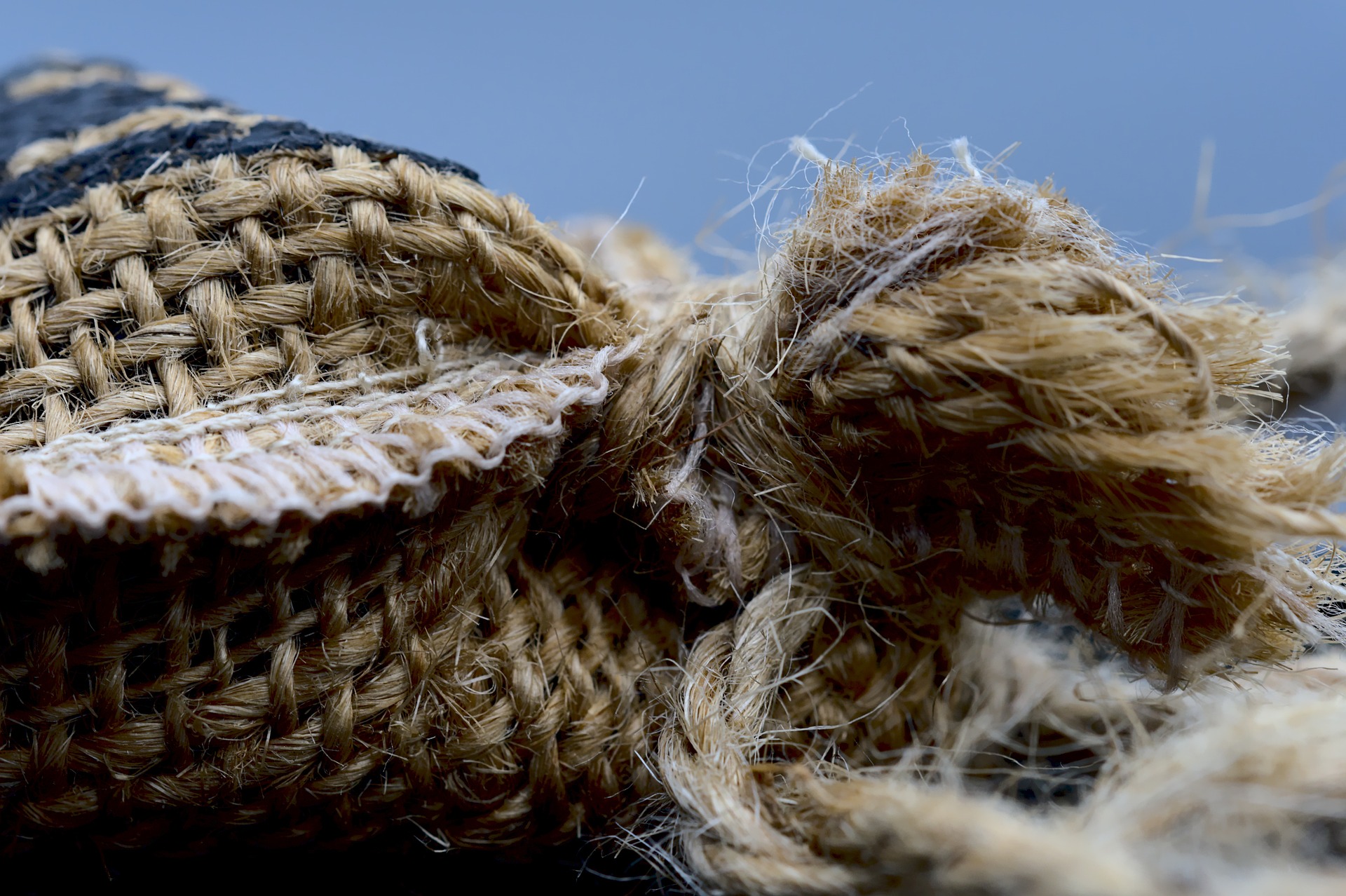
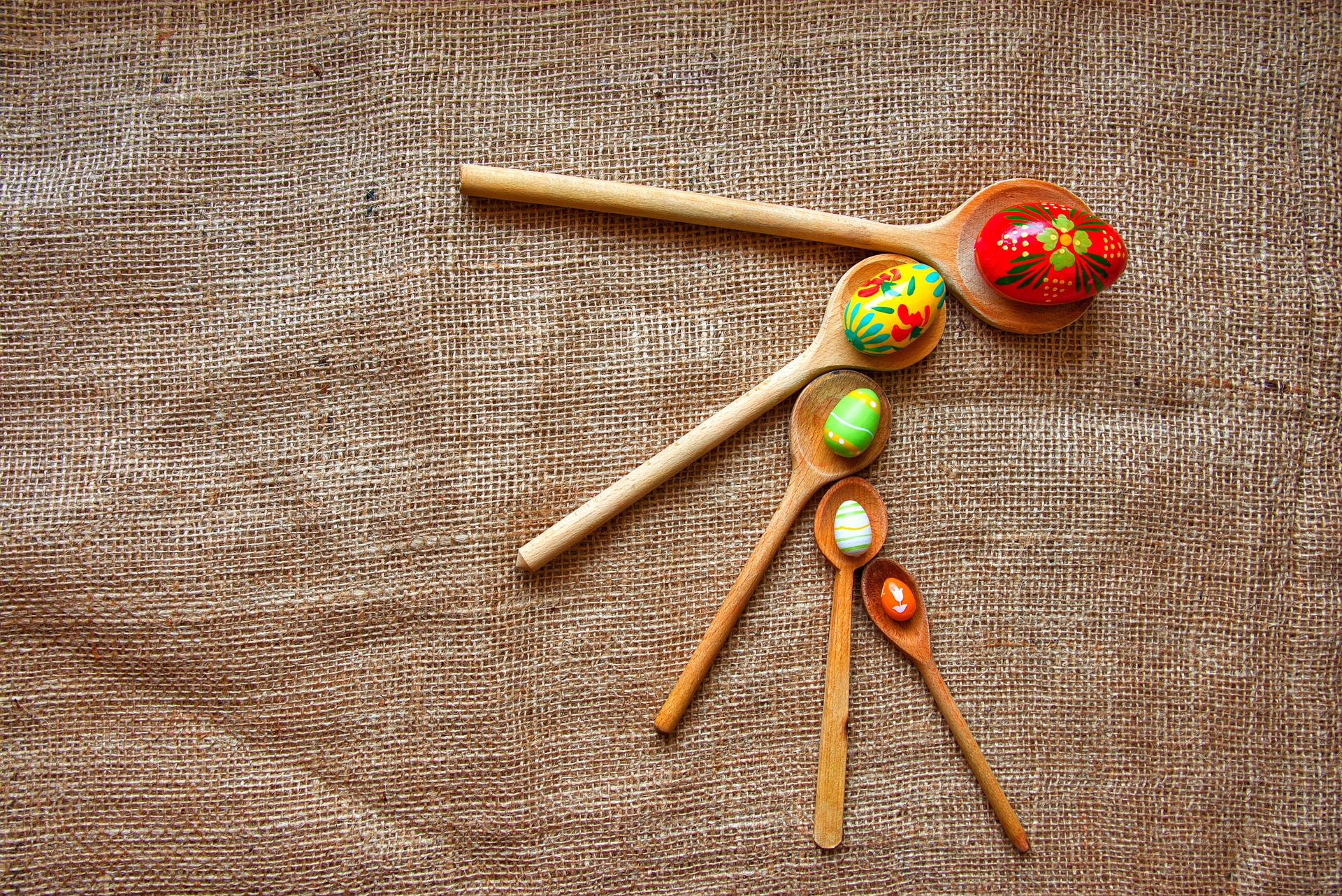
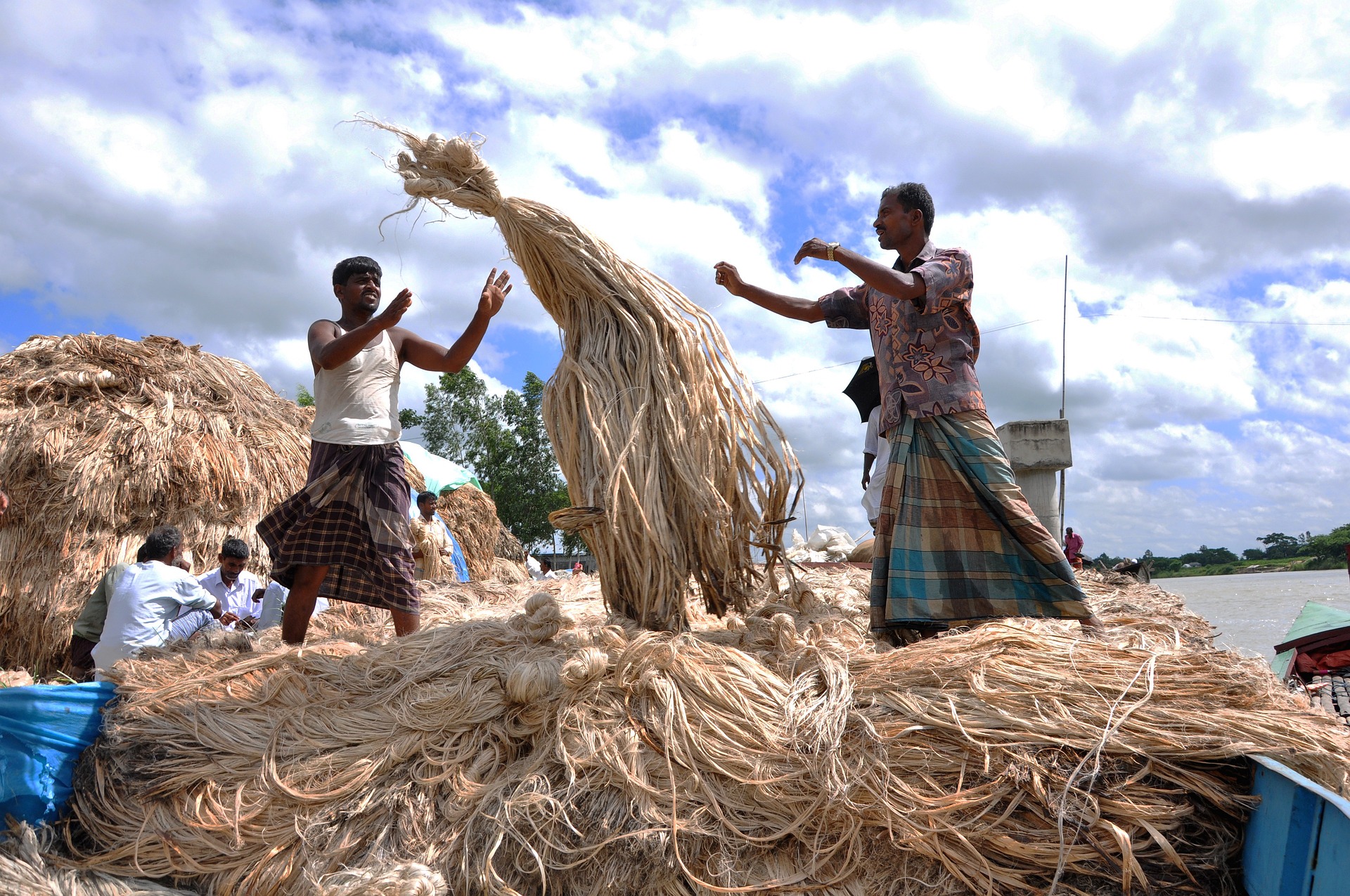

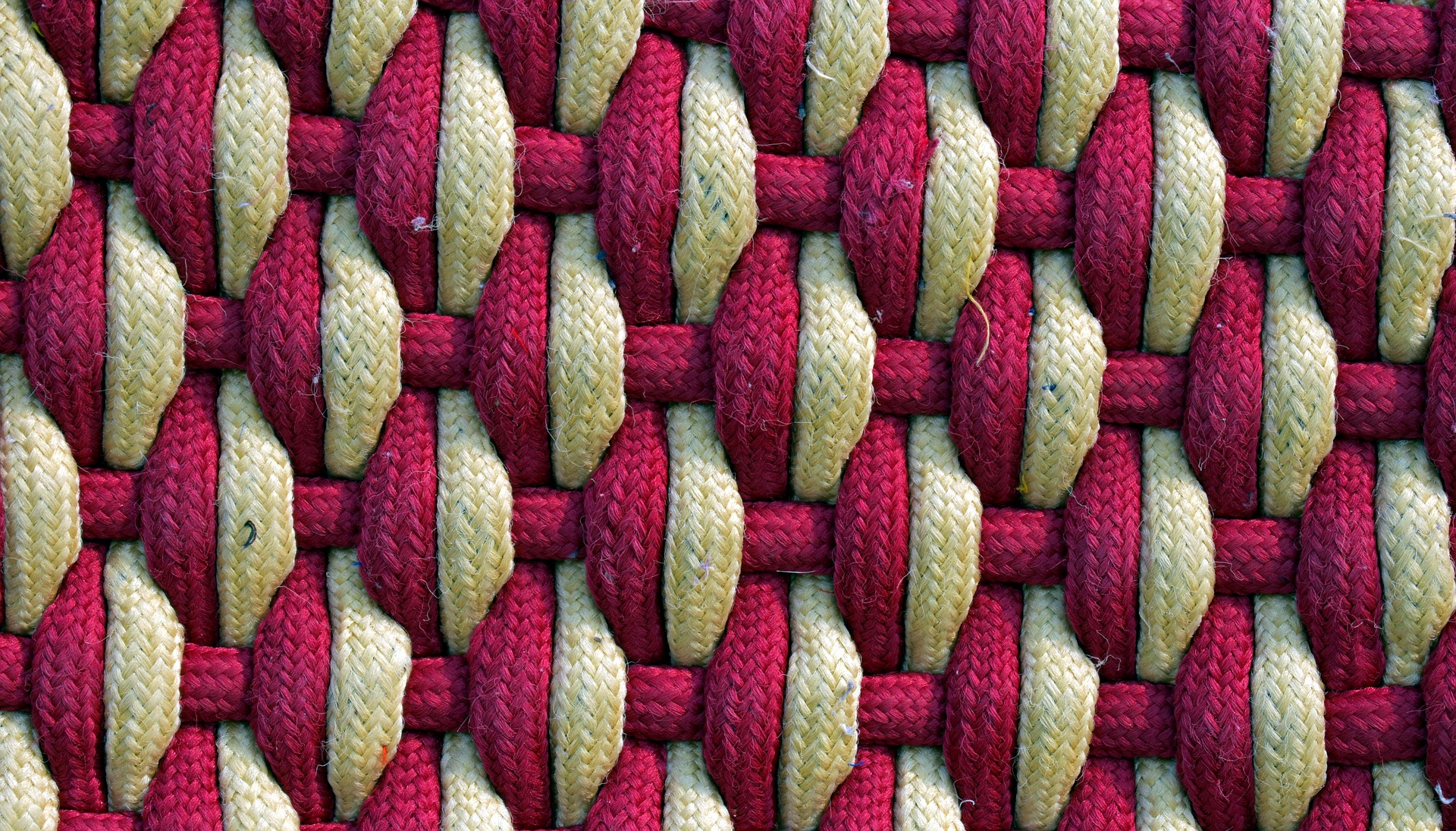
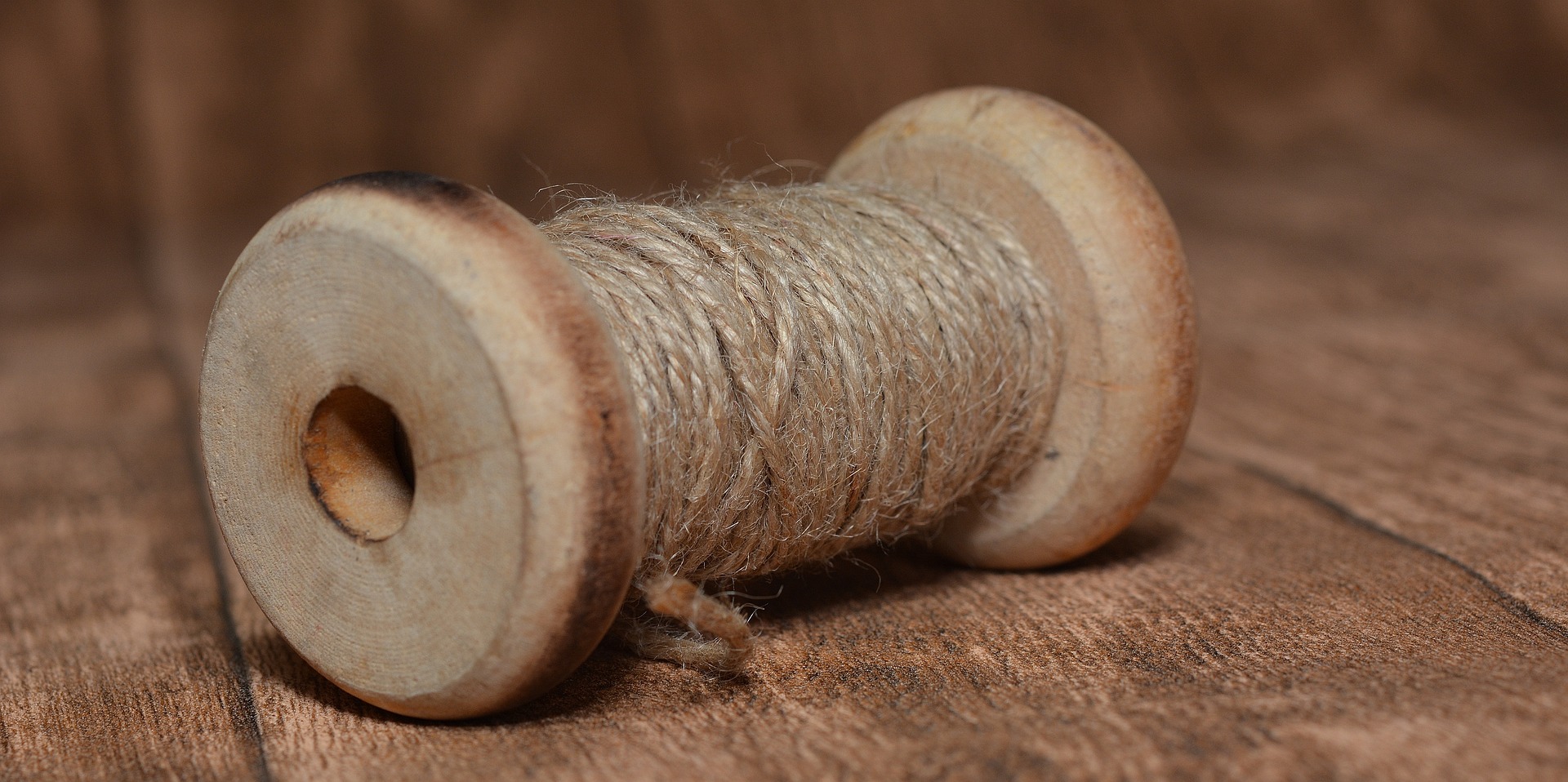
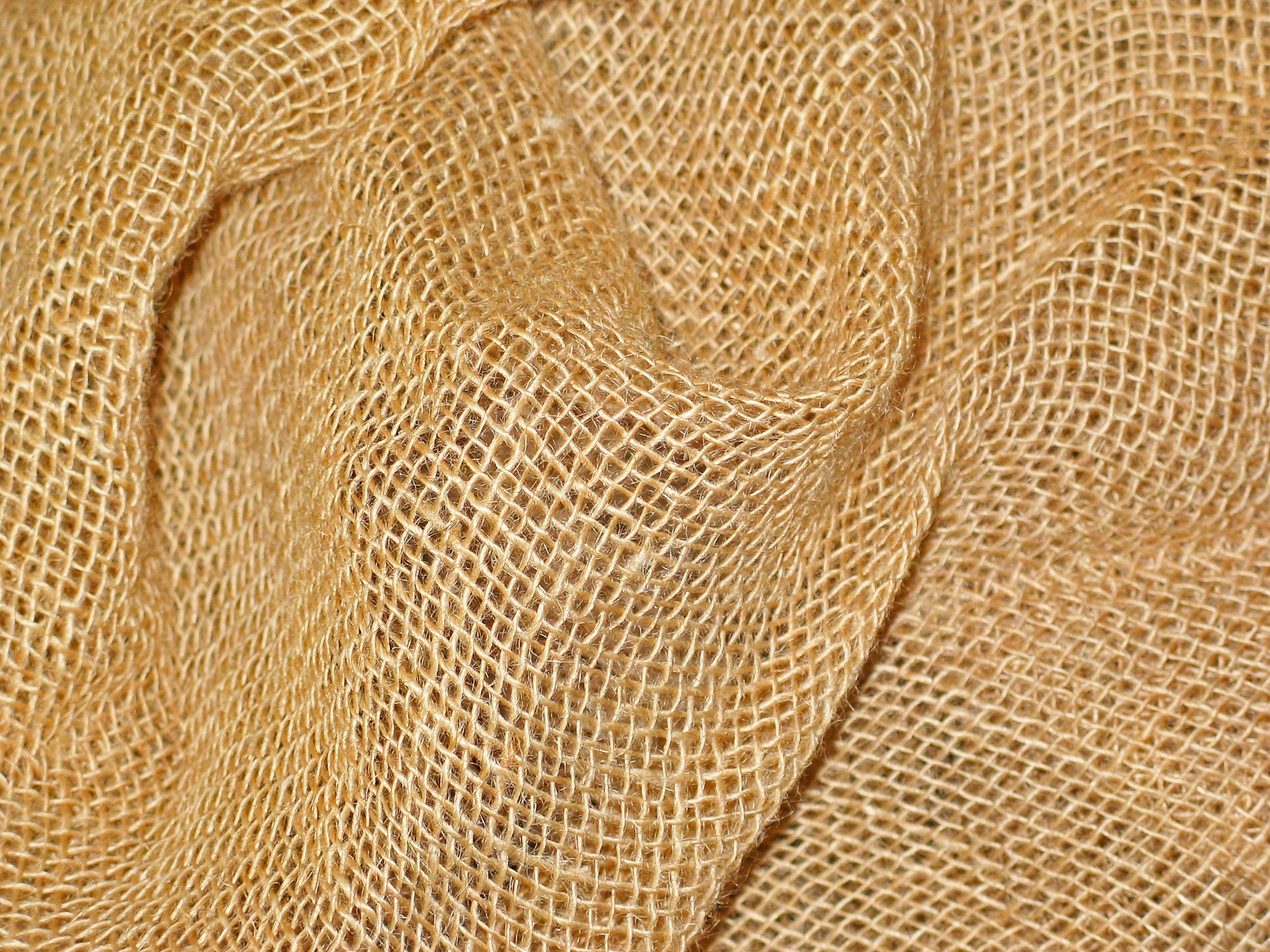
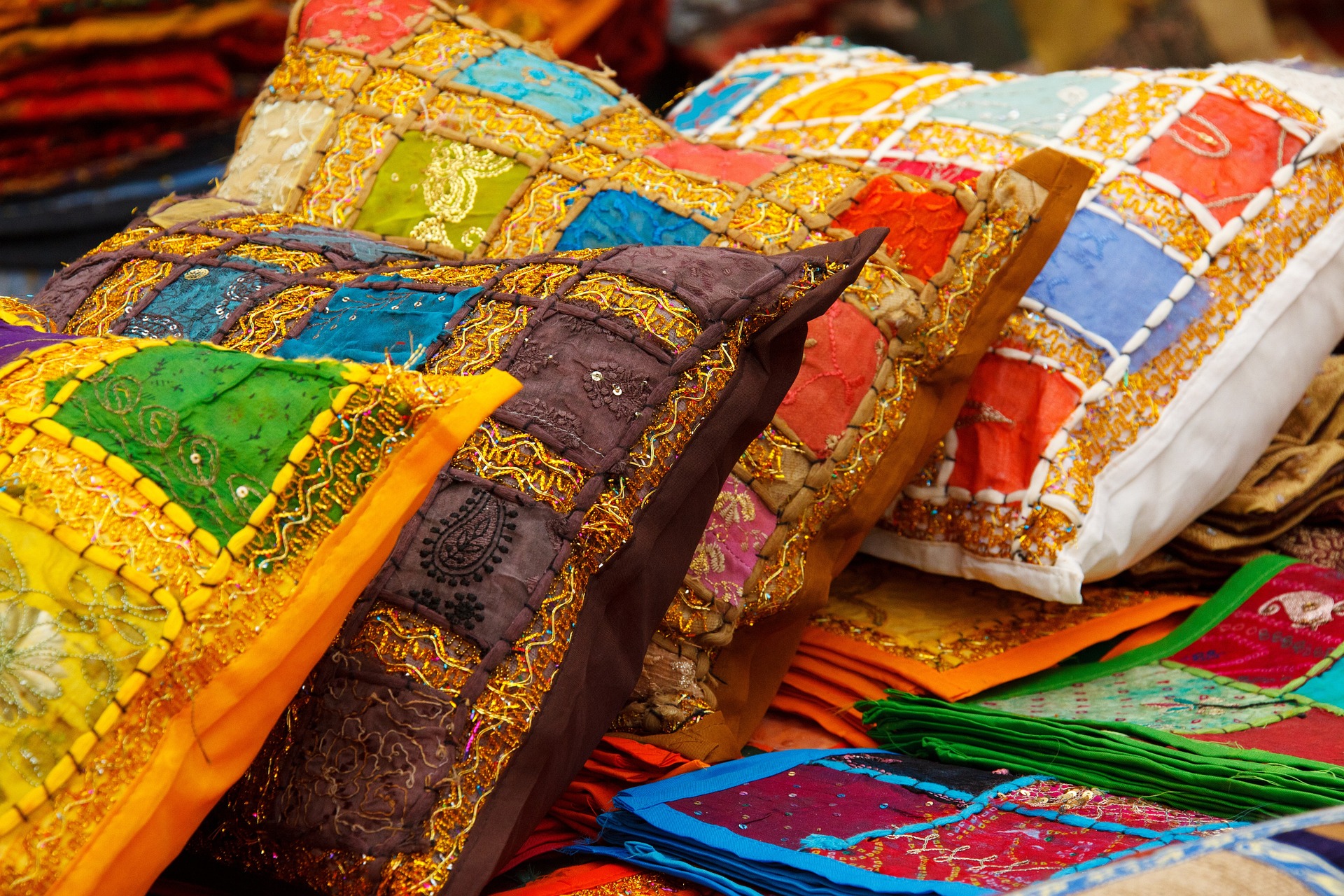
The jute and handicraft industries are two distinct sectors that share a close relationship due to the use of jute as a material in handicraft production. Jute is a versatile and eco-friendly material that is mainly grown in India and Bangladesh and used to make a variety of products, including bags, rugs, and textiles. The handicraft industry involves the production of handmade goods using traditional techniques and skills, and often utilizes jute as a sustainable material for various crafts such as weaving, embroidery, and pottery. Both industries provide employment opportunities and contribute to the local economy, while promoting cultural traditions and sustainable practices. The jute and handicraft industries are important for the development of rural and marginalized communities and help to foster sustainable economic growth.
Integral inspection, audit, training, and lab testing can be extremely beneficial to the jute and handicraft industries. These procedures can assist increase the quality and security of the raw materials used in production, point out potential process improvements, and guarantee adherence to rules and regulations. Integral training can lessen the environmental effect of these industries while promoting ethical behavior and improving working conditions for employees. By implementing these procedures, the jute and handicraft sectors may boost their standing and competitiveness while simultaneously promoting sustainable economic growth and preserving the environment.

